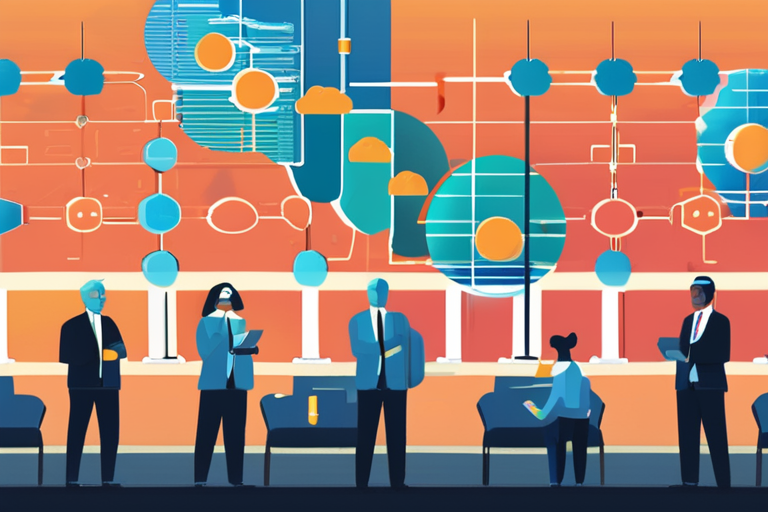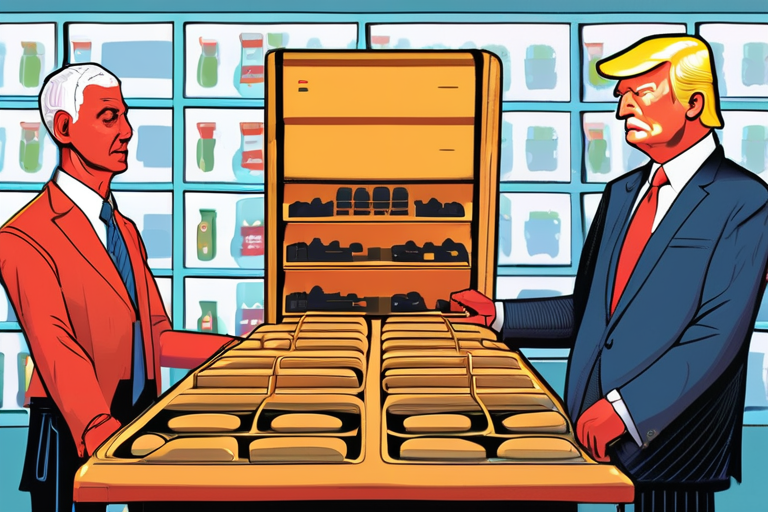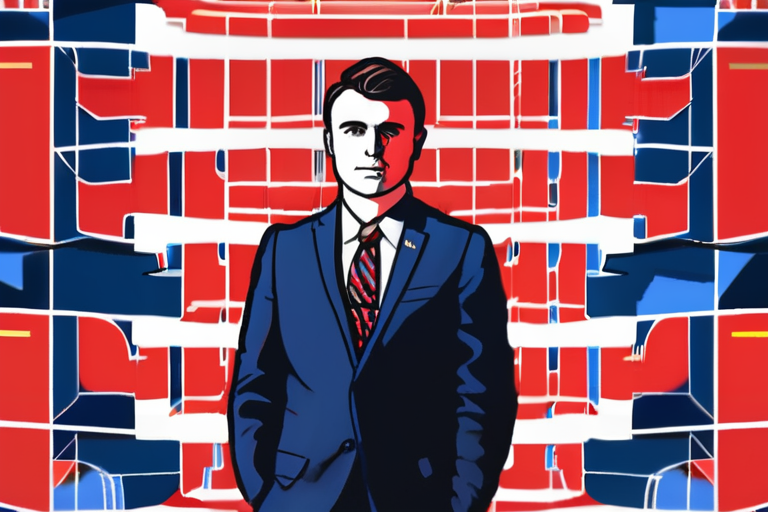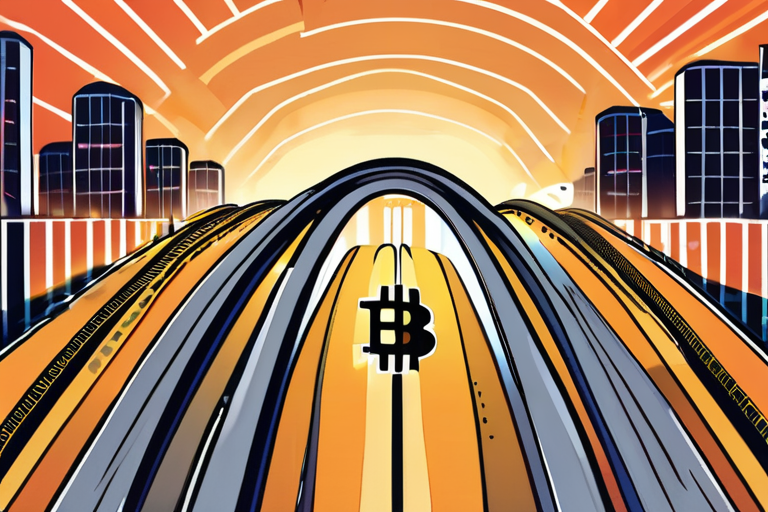UN Pension Fund Experiment Validates Blockchain as Ultimate Digital Identity Solution


Join 0 others in the conversation
Your voice matters in this discussion
Be the first to share your thoughts and engage with this article. Your perspective matters!
Discover articles from our community

 Hoppi
Hoppi

 Hoppi
Hoppi

 Hoppi
Hoppi

 Hoppi
Hoppi

 Hoppi
Hoppi

 Hoppi
Hoppi

XRP Price News: Bull-Flag Pattern Forms, Key Support at $2.89 as Traders Eye $3.20 The XRP token has been making …

Hoppi

Nursery Hackers Threaten to Publish More Children's Profiles Online In a disturbing cybercrime case, hackers known as Radiant have threatened …

Hoppi

Trump Imposes Import Taxes on Pharmaceuticals, Home Furnishings, and Heavy Trucks WASHINGTON - President Donald Trump announced Thursday that he …

Hoppi

OpenAI Admits ChatGPT Safeguards Fail During Extended Conversations, Raises Concerns Over AI Safety In a blog post published on Tuesday, …

Hoppi

Videos of Charlie Kirk's Murder Still on Social Media — and That's No Accident Graphic videos of the right-wing provocateur's …

Hoppi

Bitcoin Price (BTC) News: Escalator Up, Elevator Down Financial Impact: Bitcoin's price has pulled back to $115,600 after a significant …

Hoppi